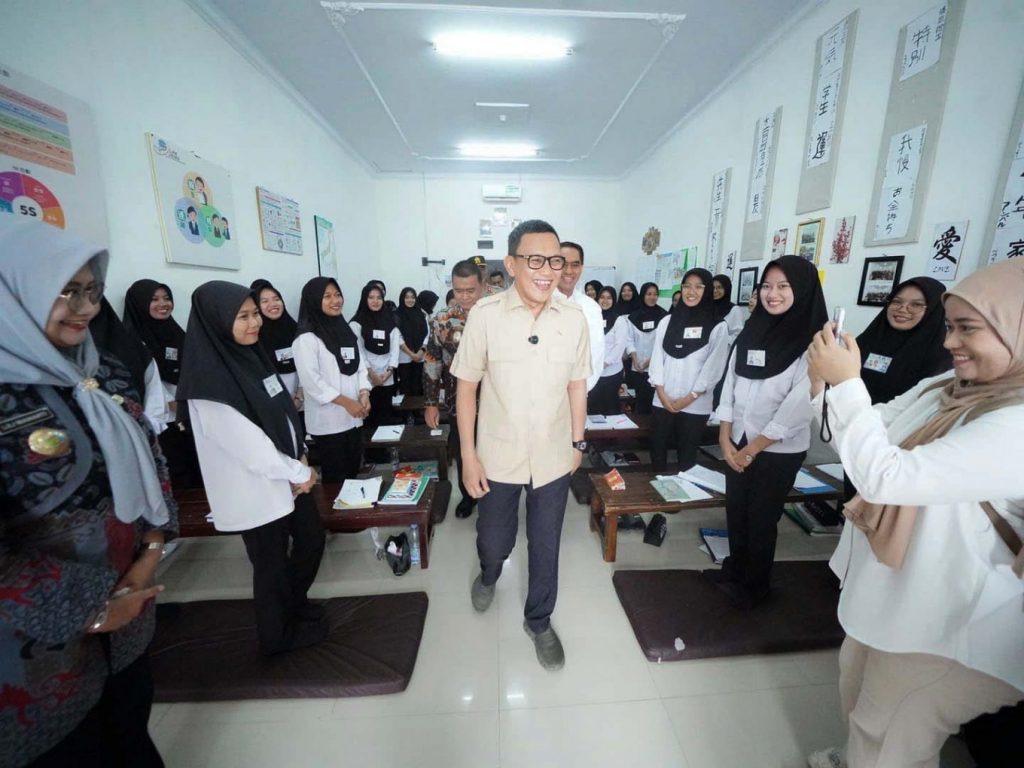Indonesia’s Migrant Workers Protection Minister, Abdul Kadir Karding, has warned future interns and workers planning to go to Japan not to fall into “cheap labour” traps. He stressed that some internships in Japan may end up as unpaid jobs for long periods, even though these interns are doing full-time work.
“Internships and jobs must have a clear time limit. Don’t let your internship become long-term work without proper pay,” he said on May 16, as reported by local media. Karding added that the internship visa is valid for only three years, and workers must stick to that timeline.
The minister made these comments during a visit to a training center preparing young Indonesians for work in Japan. He praised the center for giving about six months of intensive training to future workers, helping them get ready for life and work abroad.
Internship programs in Japan were originally designed to help foreigners learn technical skills and new technologies they can take back to their home countries. But now, many people say the program is mostly used to fill Japan’s need for low-skilled labour.
Why did the Indonesian minister warn future migrant workers?
Karding wants workers to avoid being misused in Japan as cheap labour. He reminded them to keep Indonesia’s good name and act professionally abroad. He also said that if one person misbehaves, it could hurt future chances for others, including job quotas for Indonesians.
What advice did the minister give?
He encouraged workers to keep improving their skills and work hard. He also said that discipline and strong character are important for anyone working overseas, especially in Japan, where employers look for reliability.
How many Indonesians are expected to work in Japan?
According to the Indonesian Embassy in Tokyo, Japan will need around 820,000 foreign workers between 2024 and 2029. Out of this number, Indonesia is expected to send 164,000 to 246,000 workers—about 20 to 30 percent of the total.
Every year, 32,000 to 49,000 Indonesian workers are expected to go to Japan. They can join either the technical intern training program or the specified skilled workers scheme, which is open to people in low-skilled, blue-collar jobs.
This warning serves as a reminder for young Indonesians to be cautious and informed when accepting work abroad, especially in programs that may not always offer fair treatment.

